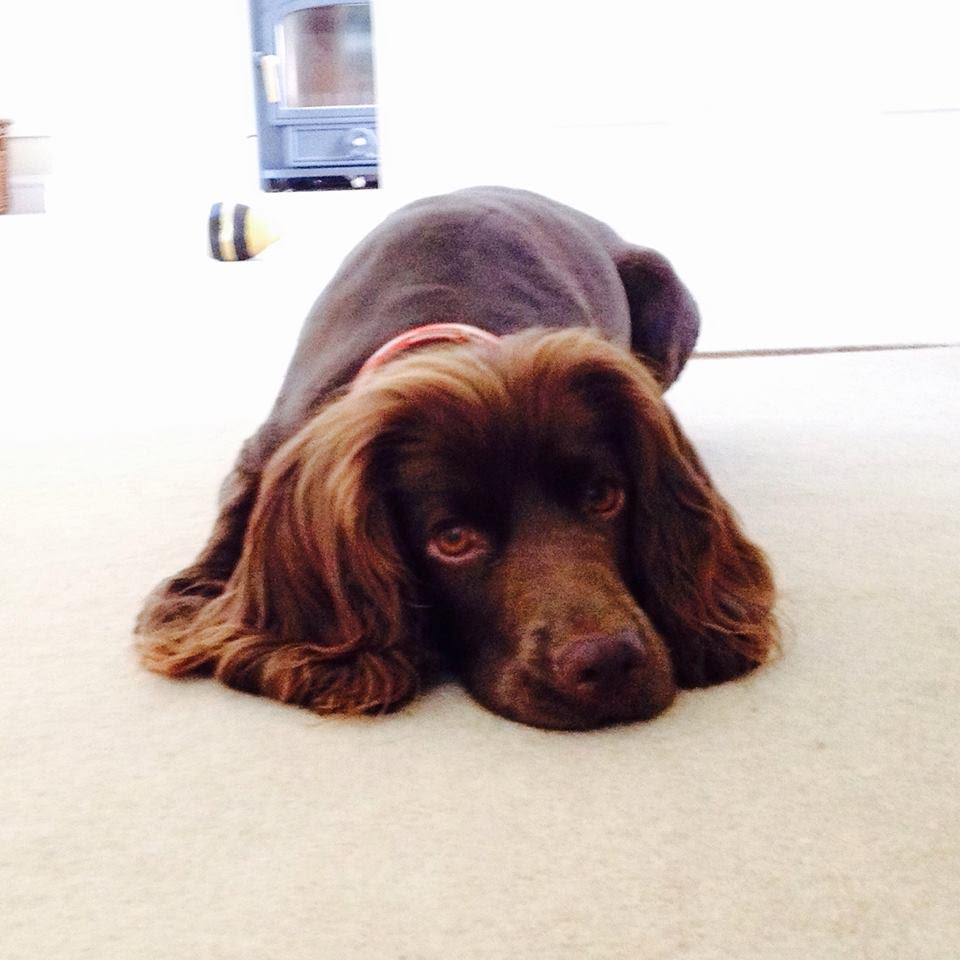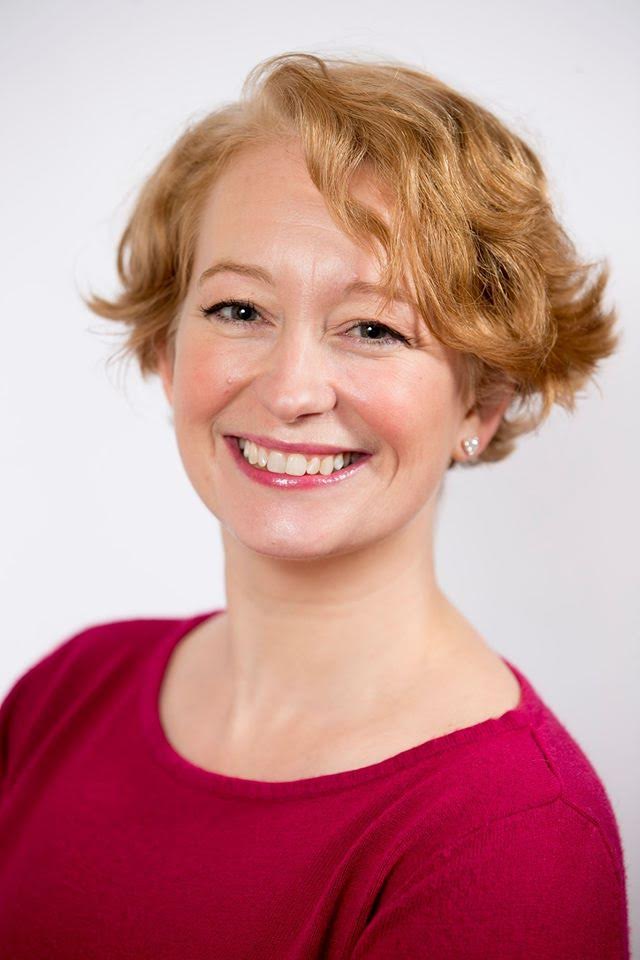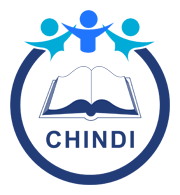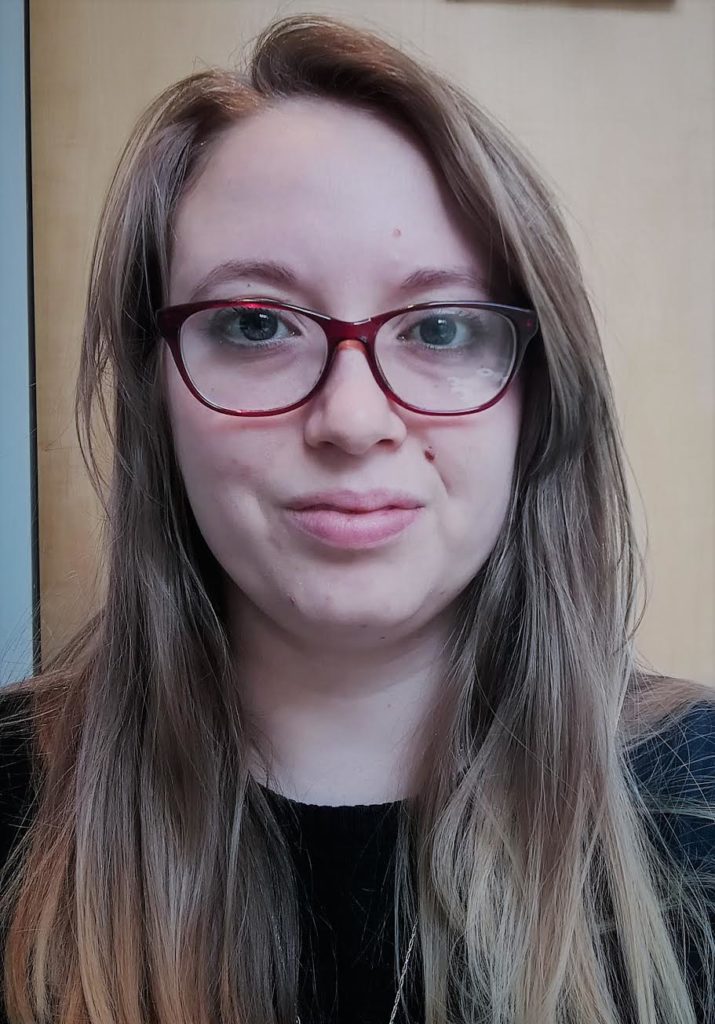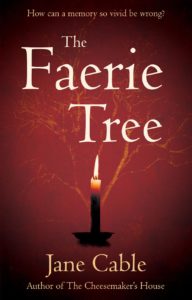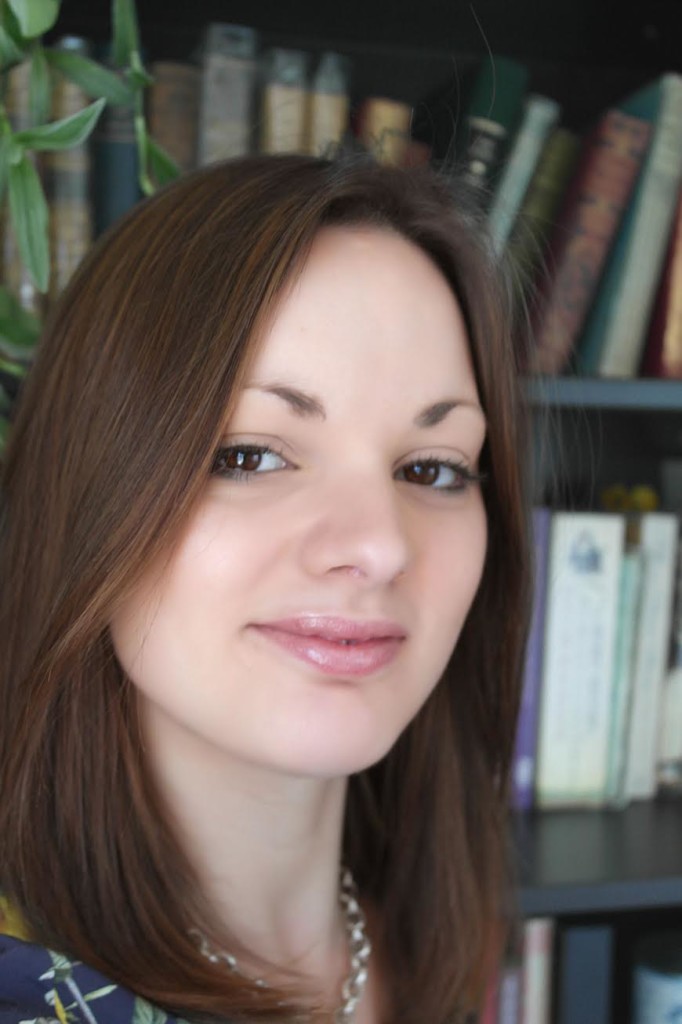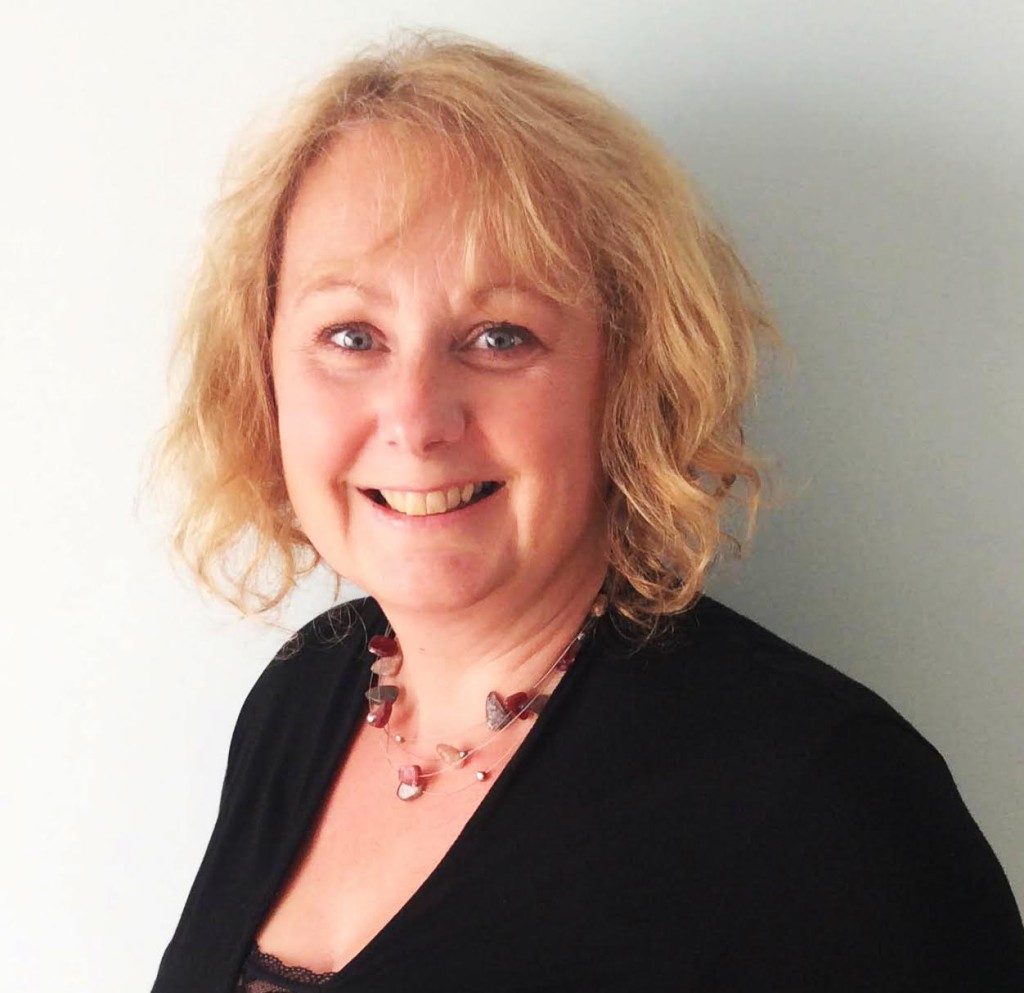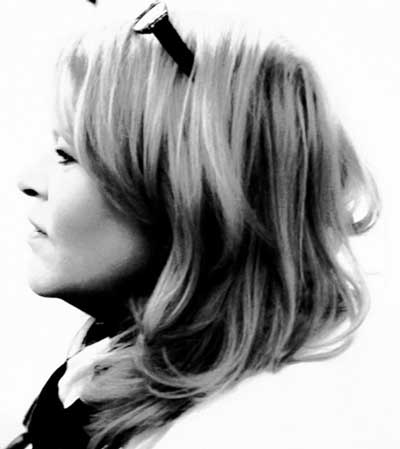 Jane Cable gets distracted but finds she is not alone
Jane Cable gets distracted but finds she is not alone
It’s a small miracle you are reading this article at all, to be honest – and great credit to writer friends who have rallied around to provide me with some content. The thing is, last week I moved house. Long distance and for the first time in over twenty years. Not only did time become an issue, but the mental effort turned my brain into a huge mass of Cornish clotted cream.
I am not the only author suffering from a life event at the moment. Frost’s own Margaret Graham has been in the wars but in typical fashion is seeing the positive: “Falling into a wall recently and breaking my shoulder not only put one hand out of use but a whole brain, it seems to me. I feel that actually giving it a rest is probably not a bad thing. You will find that creativity is better for a bit of a holiday.”
Writer of historical fiction, Rosemary Noble, is also good at seeing the upside of potentially distracting events. “Sometimes you can avoid the stress by burying yourself in writing. I’m thinking of trying to sell my mother’s flat to pay for her care home. The only way I got through that 12 months was writing,” she told me.
There are some everyday distractions which make the list too. Day jobs (most writers have them), family commitments, lack of sleep, paying the bills – even social media – all sap creative energy. Sometimes the good things do as well. Ghost writer and freelance wordsmith Sue Kelso Ryan cited her dog as the biggest culprit – and it was a great excuse to use her lovely picture as well.
Which just goes to show that good things interrupt our writing too. “Having twins,” says media medic and women’s fiction author Carol Cooper. “That knocked writing on the head for a few months. And illness/surgery. You resent having to rest or slow down because it stops you writing.” Although she did manage to create a top-selling practical parenting guide about her experiences once she was able to find the time.
Crises involving other family members which hit without warning seem to have the biggest effect, as fantasy & romance writer and brand strategist Amy Tipper-Hale has just found out: “My boyfriend breaking his leg in Milan after being run over by a motorcyclist, and me having to fly over to be with him so he wasn’t entirely stranded…I thought I’d have plenty of time to write, but it ended up being stressful and exhausting – my mind all over the place, and not a single word written…except this.” Luckily the patient is now at home – and hopefully Amy will get back to writing again soon too.
As for me, now I have unpacked my desk and settled it into its new location, I need to have a plan. I’ve been sitting on the edit notes for my current manuscript for a month or so and my brain is just starting to tick over them. And one thing this house move is meant to achieve is more time to write. Fingers crossed I can make it happen.
As well as those mentioned above, my thanks also go to Barbara Copperthwaite, Victoria Cornwall, Morton S Gray, Wersha Bharadwa, Carol Thomas and Clare Ruel for their contributions.

